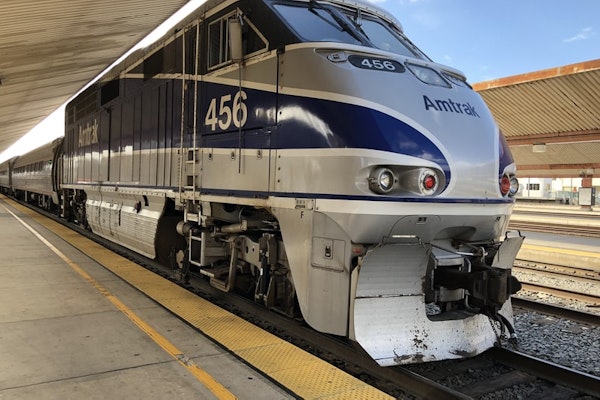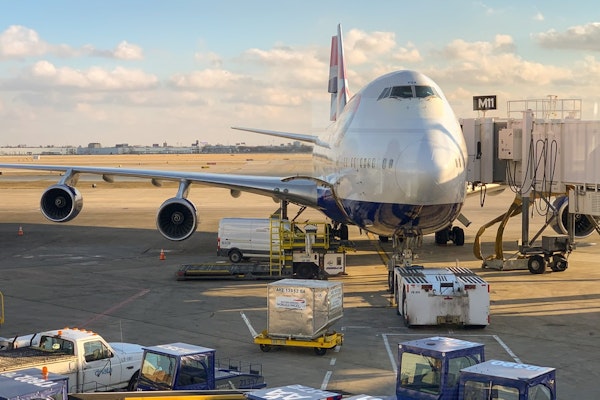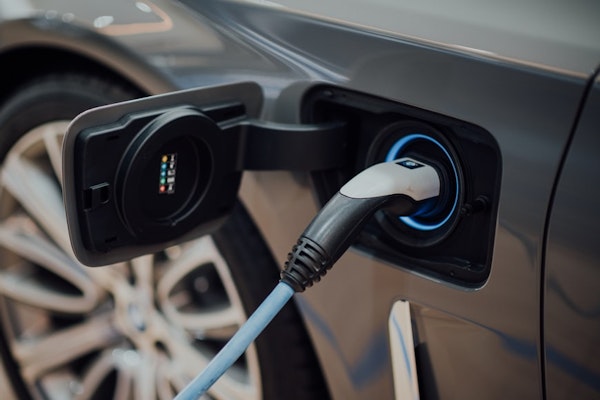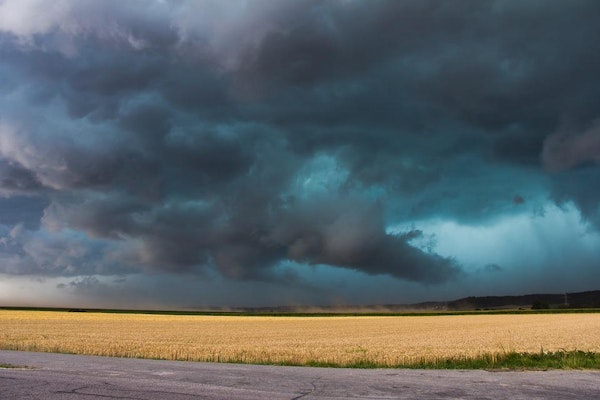
How Insurers Can Tackle Tech, Process and Organizational Debt to Drive Innovation
Insurers face more than just outdated technology — process and organizational debt also hold them back. Tackling all three is key to modernization and customer value.
May 19
Education & Training
Insurance Industry
Risk Management
Technology

Insurers Scramble for Disaster Data After NOAA Halts Updates
With NOAA’s disaster data program discontinued after 2024, insurance companies face major challenges in modeling risk, pricing policies, and ensuring climate resilience.
May 13
Catastrophe
Insurance Industry
Property
Risk Management
California

Amtrak Health Plan Defrauded of $12 Million by Over 100 Employees and Medical Providers
Over 100 Amtrak employees joined forces with medical providers in a fraudulent health insurance scheme that cost the company more than $12 million, a new report finds.
May 12
Fraud
Insurance Industry
Legislation & Regulation
Risk Management
Connecticut
Delaware
District Of Columbia
Maryland
New Jersey

Newark Flight Delays Return Amid Telecom Failures as FAA Pushes System Upgrades
A telecom issue at Philadelphia’s radar facility triggered Newark flight delays again, highlighting ongoing infrastructure gaps and sparking urgent FAA upgrade plans.
May 12
Legislation & Regulation
Litigation
Risk Management
Technology
New Jersey
New York
Pennsylvania

Why Data Exfiltration Has Replaced Ransomware as the Top Cyber Threat
As ransomware attacks evolve, data theft has overtaken system encryption as the primary threat, driving up cyber insurance claims and shifting insurer response strategies.
May 12
Insurance Industry
Litigation
Risk Management
Technology

Rethinking Empathy in Insurance Amid the Rise of AI and Automation
Empathy in insurance is evolving as AI and digital tools grow more capable, forcing the industry to redefine how compassion and service are delivered in modern claims handling.
May 12
Education & Training
Risk Management
Technology

Nationwide Auto Theft Ring Busted as Queens DA Charges 20 in $4.6M Scheme
Prosecutors say a sophisticated criminal network used social media to resell 126 stolen cars in a multi-state operation that spanned from New York to Tennessee.
May 9
Fraud
Litigation
Risk Management
Technology
Massachusetts
New Jersey
New York
Tennessee

Community Colleges Use AI to Fight Financial Aid Fraud
Facing a sharp rise in AI-driven financial aid fraud, community colleges like Southwestern are turning to advanced fraud detection tools powered by the same technology.
May 8
Education & Training
Legislation & Regulation
Risk Management
Technology
California

NOAA Ends Billion-Dollar Disaster Tracking Program Citing Budget Cuts and Staffing Issues
NOAA will stop updating its billion-dollar weather disaster database, a move that limits public access to vital cost-tracking of extreme weather events.
May 8
Catastrophe
Insurance Industry
Property
Risk Management
California

Allstate Becomes One of the First Major Insurers to Explore Quantum Computing Through Chicago Quantum Exchange
Allstate partners with the Chicago Quantum Exchange to explore how quantum computing could transform risk analysis, fraud detection, and customer service in insurance.
May 8
Fraud
Insurance Industry
Risk Management
Technology
Illinois
Indiana
Wisconsin

Care Facility Worker Wins $40K in Retaliation Penalties After Reporting Safety and Labor Violations
A San Jose care facility worker was awarded over $40,000 in penalties after being unlawfully fired for reporting unsafe conditions and labor violations to California authorities.
May 8
Legislation & Regulation
Litigation
Risk Management
Workers' Compensation
California

FDA Layoffs Raise Alarms Over Food Safety and Future Oversight
Massive FDA layoffs under the Trump Administration have triggered concerns over food safety, transparency, and agency performance amid sweeping health department cuts.
May 8
Legislation & Regulation
Life & Health
Risk Management
Technology

Oregon’s Wildfire Certification Falls Flat Without Insurance Discounts to Drive Participation
While Oregon launched a wildfire certification program to promote home hardening, the lack of required insurance discounts has left homeowners with little motivation to join.
May 8
Catastrophe
Legislation & Regulation
Property
Risk Management
California
Oregon

States Take Legal Action Over Halted Federal EV Charger Funds Amid Trump Policy Shift
Seventeen states have sued the Trump administration over the indefinite suspension of $3.3 billion in electric vehicle charger funding mandated by the 2021 Bipartisan Infrastructure Law.
May 8
Legislation & Regulation
Litigation
Risk Management
Technology

Kansas Storm Claims Top $612 Million as Insurers Report Widespread Losses
In 2024, Kansas insurers paid over $612 million for nearly 57,000 storm-related claims, with Johnson County topping the list and Greeley County seeing the least.
May 8
Catastrophe
Insurance Industry
Property
Risk Management
Kansas





